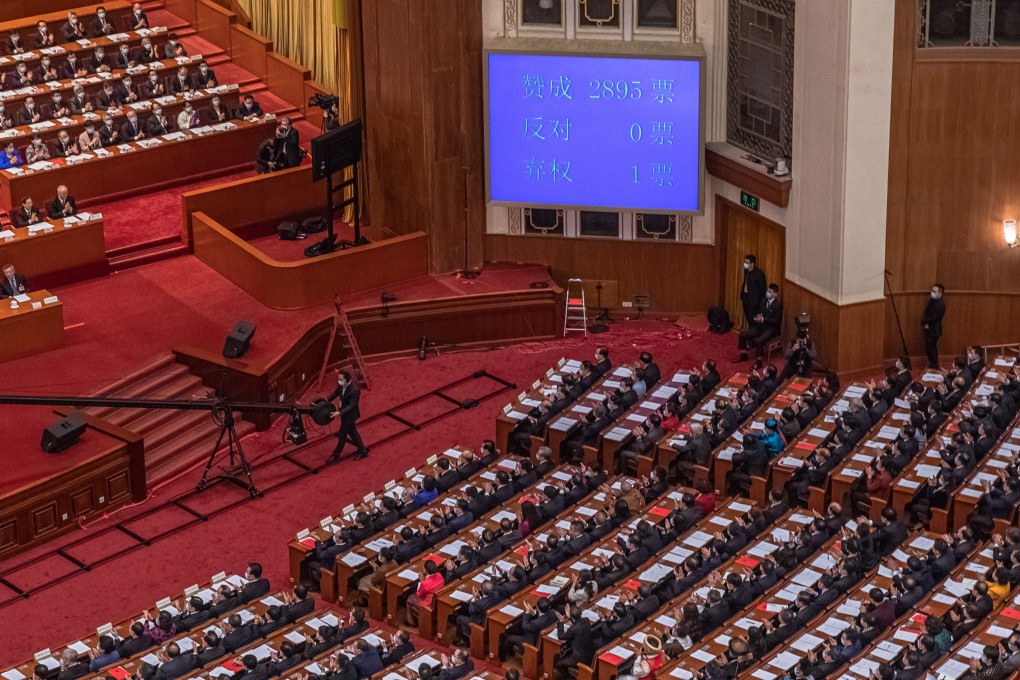Advertisement
Editorial | One challenging year awaits China’s ‘two sessions’
- The agenda for this year’s meetings of China’s political and legislative bodies will reflect extraordinary times, from Russia’s war in Ukraine to planning economic recovery and dealing with an ageing society
Reading Time:2 minutes
Why you can trust SCMP
1

Even without the drama of Russia’s invasion of Ukraine, this year’s “two sessions”, or annual meetings of China’s political advisory and legislative bodies, would have reflected extraordinary times.
Covid-19 would have ensured that, after delaying the 2020 meetings by two months and shaping the economic agenda for last year’s meetings.
Maintaining growth in the economy remains the abiding concern. But two things set this year’s two sessions beginning today apart.
Advertisement
One is that they set the tone for the 20th party congress in the autumn and a major shake-up of the top leadership. The other is the attack launched by Russia on Ukraine, both diplomatic partners.
The latter event will overshadow the meetings of the Chinese People’s Political Consultative Conference and the National People’s Congress. Beijing may have taken a very neutral stance, but in China the issue is widely debated.
Advertisement
Advertisement
Select Voice
Choose your listening speed
Get through articles 2x faster
1.25x
250 WPM
Slow
Average
Fast
1.25x

